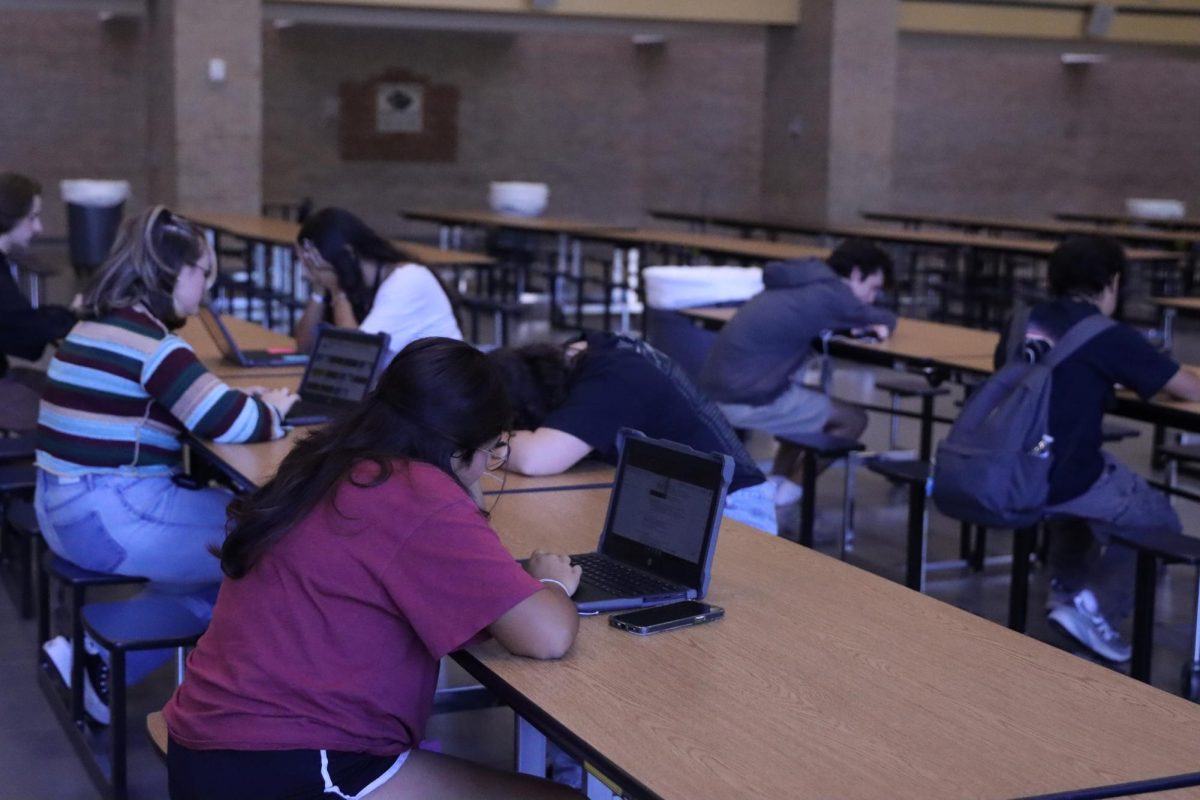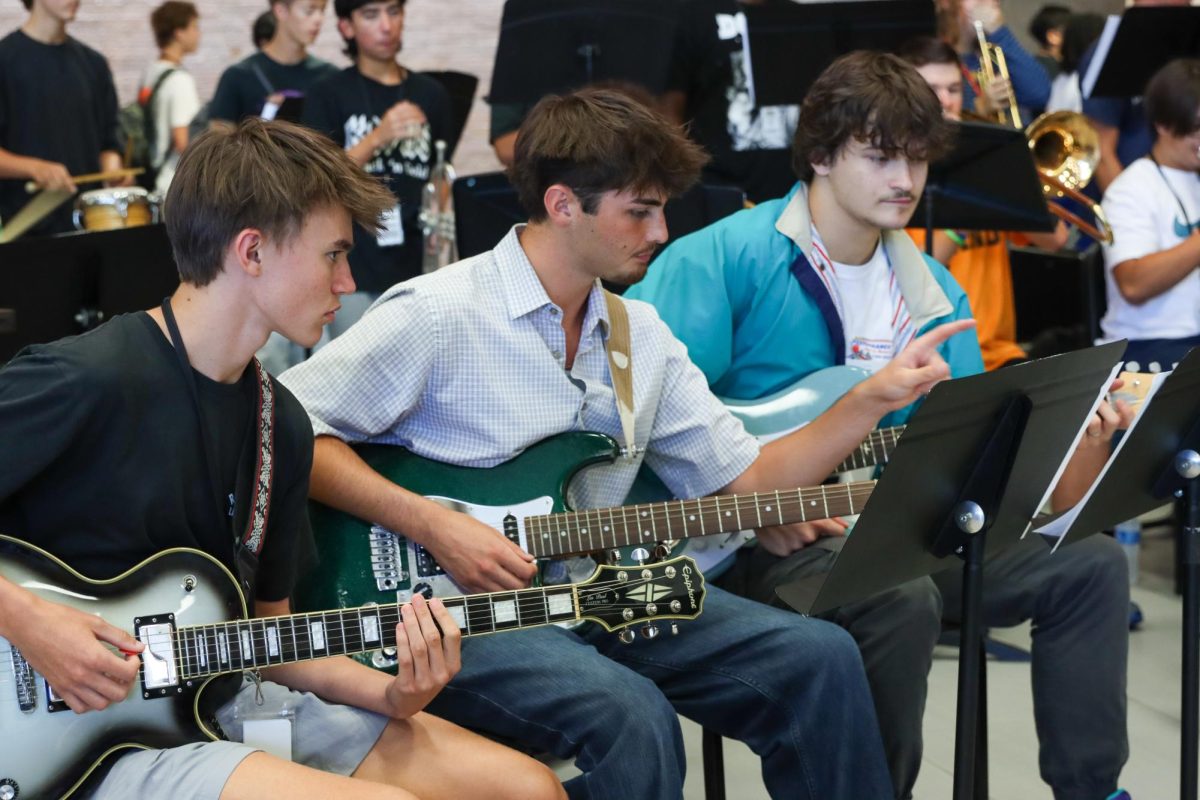Harsh punishments for tardiness from new tardy sweeps have been introduced in response by an increased amount of students lingering in the halls between bells.
“Sweeps were introduced because there are too many students that are intentionally late for class,” assistant principal David Hill said. “There are students that will just roam and loiter, sometimes with friends, for up to 15 minutes because they believe they are just tardy.”
The sweep times are chosen randomly, with the sweep’s processes and finer details being decided on shortly after.
“When a tardy sweep period is selected, we choose a specific time that the sweep will begin,” Hill said. “That could be 30 seconds after the bell rings, or five minutes after.”
After the sweep has begun, students still in the halls, or late for any reason will be sent to the senior den for their respective disciplinary action.
“Administrators and teachers that are free will collect and escort students to the commons for the tardy sweep,” Hill said.
These new tardy sweeps are similar to those at Klein Cain, who introduced the sweeps the prior year.
“I do think tardy sweeps are effective at their intended purpose, but it takes time,” former Klein Cain English teacher Heather Magrini said. ”After someone gets caught in one, it creates an additional incentive to arrive to class on time.”
The sweeps are a conflictual topic, with some believing the sweeps are objectively good or bad.
“I think the tardy sweep policy is bad because not all of the teachers may follow the procedure properly,” sophomore Ryan Ruffin said. “Teachers that alert their students beforehand defeat the whole purpose of the sweeps themselves.”
The sweeps are intended to cut down on tardiness which is the purpose of the initiative, but may have undesirable side-effects.
“It’s a good idea, but is executed poorly; for instance, what if a student has a medical emergency at the beginning of class, or is headed to the nurses office and is swept up?” sophomore Kirby Everett said.














